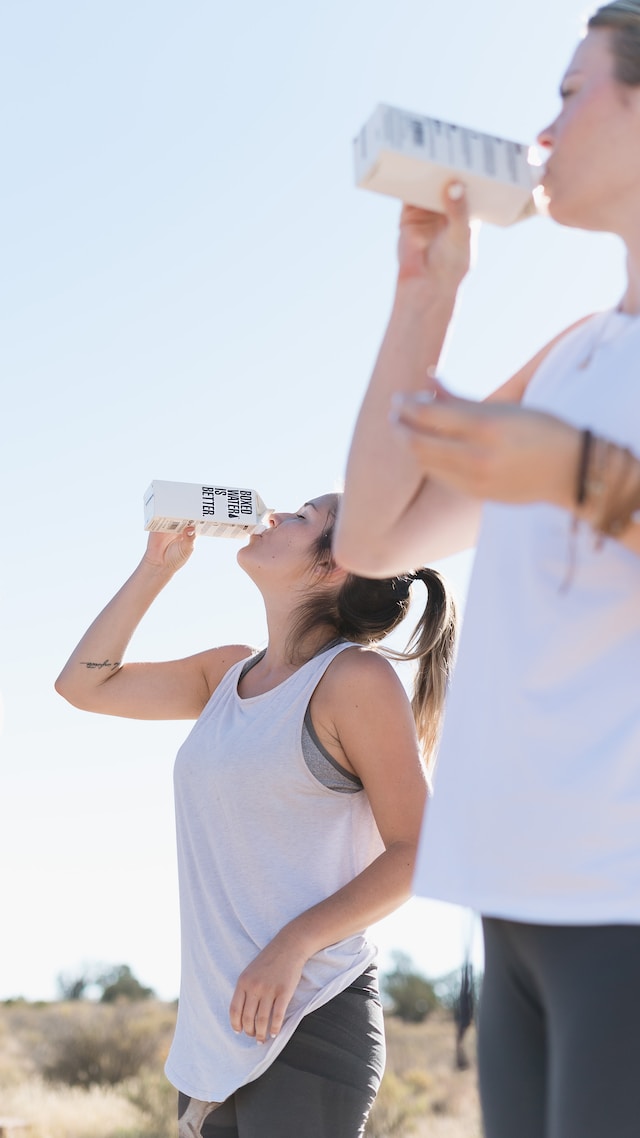Introduction: The idea that one must drink eight glasses of water per day has been widely circulated for years. However, when it comes to hydration during gym workouts, it’s essential to separate fact from fiction. Debunking this myth can help gym-goers understand their actual water requirements and avoid unnecessary fluid intake. In this article, we will explore the truth behind the “8 glasses a day” myth and provide a clearer understanding of hydration needs at the gym.
- Origins of the Myth: The recommendation to drink eight glasses of water per day originated from a misinterpretation of a 1945 Food and Nutrition Board report. The report stated that the average person’s daily water intake, including fluids from all sources (beverages, foods, and metabolic processes), is approximately 2.5 liters. However, this recommendation did not specify that the intake should be solely from drinking water.
- Individual Hydration Needs: The amount of water required for optimal hydration varies among individuals and is influenced by factors such as body size, metabolism, activity level, and environmental conditions. A “one size fits all” approach does not consider these individual differences. Some people may need more or less water depending on their unique circumstances.
- Fluid Needs during Exercise: During gym workouts, hydration needs increase to compensate for fluid loss through sweat. Rather than relying on a specific number of glasses, it is more effective to consider general hydration guidelines. The American College of Sports Medicine (ACSM) recommends drinking 7-10 ounces (approximately 210-295 ml) of water every 10-20 minutes during exercise. This guideline accounts for the varying needs of individuals based on workout intensity, duration, and sweat rate.
- Thirst as a Reliable Indicator: One common myth suggests that if you feel thirsty, you are already dehydrated. While thirst is an important signal to drink water, it is not always an accurate indicator of dehydration. Thirst is a late response to the body’s need for fluids, meaning that you may already be partially dehydrated by the time you feel thirsty. Therefore, it’s important to drink water regularly throughout your workout, regardless of thirst.
- Hydration Beyond Water: Another myth associated with gym hydration is that water is the only effective fluid for rehydration. While water is generally sufficient for most gym-goers, other beverages and foods can also contribute to overall hydration. Fruits and vegetables with high water content, sports drinks with electrolytes, and even milk can help replenish fluids and provide additional nutrients. However, it’s important to avoid excessive consumption of sugary or caffeinated drinks, as they can have negative effects on hydration.
- Individual Strategies: To determine your optimal hydration strategy at the gym, it’s important to consider your body’s signals, such as thirst, as well as factors like sweat rate, exercise intensity, and environmental conditions. Monitoring the color of your urine, adjusting your water intake based on workout duration, and rehydrating post-workout are effective ways to ensure you stay adequately hydrated.
Conclusion: The notion that everyone needs to drink eight glasses of water per day at the gym is a myth that lacks scientific evidence. Individual hydration needs vary, and it’s important to consider factors such as exercise intensity, duration, and personal characteristics. By following general hydration guidelines, listening to your body’s signals, and incorporating other hydrating beverages and foods, you can tailor your hydration routine to meet your specific needs. Remember, it’s quality hydration, not arbitrary quantities, that truly supports your gym performance and overall well-being.




